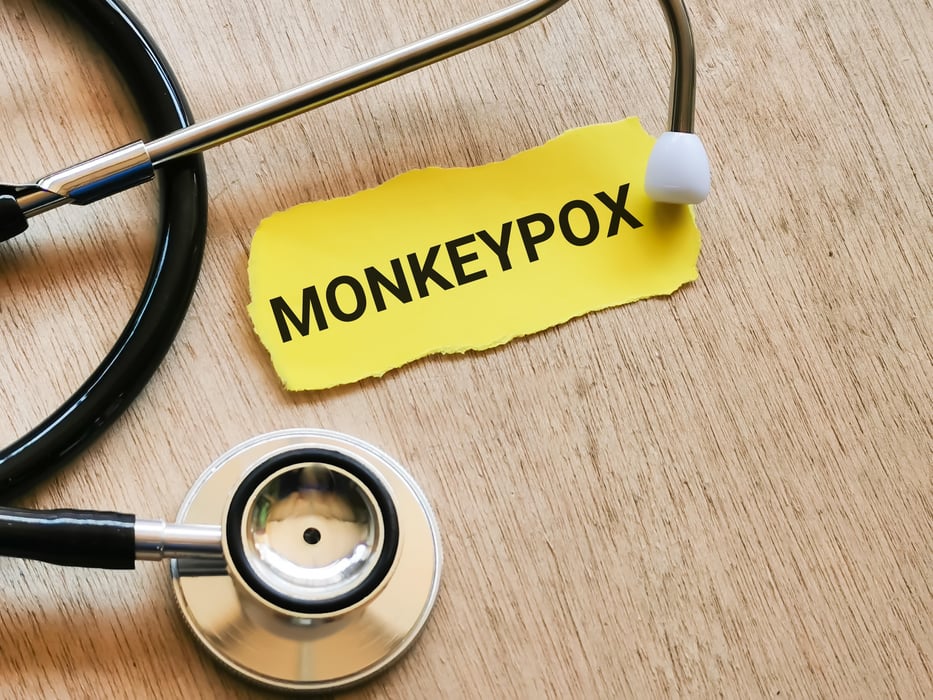Monkeypox Not the Next Pandemic, WHO Expert Says

TUESDAY, May 31, 2022 (HealthDay News) -- The hundreds of cases of monkeypox being reported worldwide likely will not turn into a pandemic, but much remains unknown about the disease, the top World Health Organization expert on the illness said Monday.
Rosamund Lewis said it is not exactly understood how monkeypox is spreading or whether the halt of mass smallpox immunization decades ago may somehow be boosting its transmission, the Associated Press reported. What is clear is that the vast majority of cases are in gay and bisexual men, and that group needs to be especially careful, she said in a public session.
"It's very important to describe this because it appears to be an increase in a mode of transmission that may have been underrecognized in the past," Lewis said. With these latest cases, she warned, there is a higher proportion of people with lesions that are more concentrated in the genital region and sometimes nearly impossible to see.
"You may have these lesions for two to four weeks [and] they may not be visible to others, but you may still be infectious," she said, though she added that public health officials are not worried about rapid spread of the virus. "At the moment, we are not concerned about a global pandemic," she added. But "we are concerned that individuals may acquire this infection through high-risk exposure if they don't have the information they need to protect themselves."
Last week, the WHO said that 23 countries that have not previously seen monkeypox had reported more than 250 cases, and the United Kingdom on Monday announced another 71 cases, according to the AP. It is unknown whether the disease is being transmitted by sex or just close contact between people having sex, and the threat to the general population is low, Lewis noted. Monkeypox can spread through close physical contact with an infected person, their clothing, or bedsheets.
While the majority of cases are in gay and bisexual men, anyone is at risk for monkeypox, regardless of their sexual orientation, Lewis cautioned. Most of those struck by monkeypox have fever, body aches, chills, and fatigue. People with more serious illness may develop a rash and lesions on the face and hands that can spread to other parts of the body, the AP reported.
Related Posts
Many Addicts Turned to Telemedicine During Pandemic, But Does It Beat In-Person Care?
THURSDAY, Oct. 14, 2021 (HealthDay News) -- The coronavirus pandemic forced a...
Characteristics of Injury Vary for Homeless, Housed People
MONDAY, July 10, 2023 (HealthDay News) -- The characteristics of injury differ...
Variants ID Outcomes in Adults With Leukemia in Relapse Prior to Stem Cell Transplant
TUESDAY, March 21, 2023 (HealthDay News) -- For patients with acute myeloid...
La pandemia está provocando una escasez de trabajadores de cuidados de salud a largo plazo en EE. UU.
LUNES, 11 de abril de 2022 (HealthDay News) -- La pandemia ha empeorado una...
